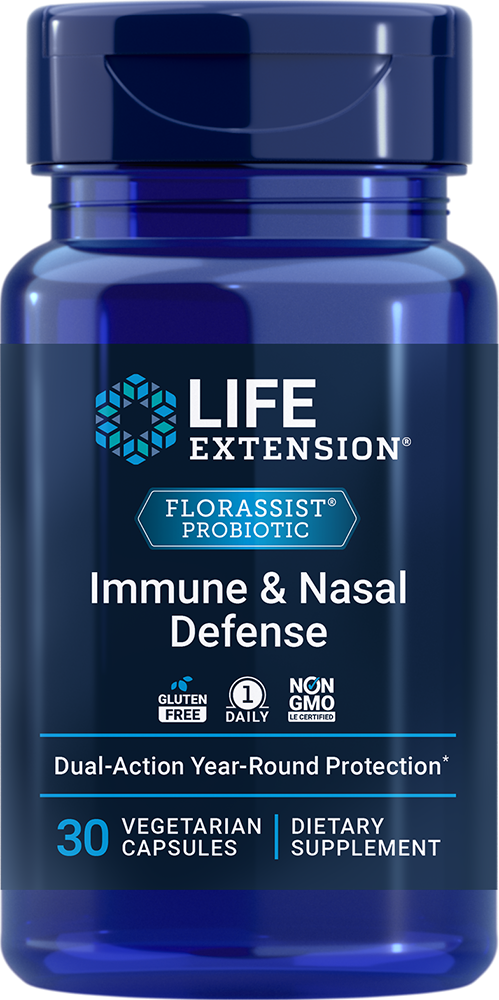
Newsletter
Newsletter
Study finds healthy older men and women produce as many new brain cells as younger individuals



April 24, 2018
In the April 5, 2018 issue of the journal Cell Stem Cell, Columbia University researchers report that healthy older individuals generate as many new cells in the brain’s hippocampus (an area involved in memory and emotion) as young adults. An age-associated reduction in the ability of the brain’s hippocampus to generate new cells has been observed in mammals — a phenomenon that was believed to occur in humans as well.
"It is possible that ongoing hippocampal neurogenesis sustains human-specific cognitive function throughout life and that declines may be linked to compromised cognitive-emotional resilience," commented lead author Maura Boldrini, who is an associate professor of neurobiology at Columbia’s Department of Psychiatry.
Dr. Boldrini and colleagues examined hippocampi of 28 men and women between the ages of 14 and 79 who had undergone sudden death. The subjects had not exhibited cognitive impairment or neuropsychiatric disease, which can impact new brain cell generation. The researchers found that the oldest brains still generated numerous new cells. "We found similar numbers of intermediate neural progenitors and thousands of immature neurons," they report. However, they observed that older brains exhibited less angiogenesis (formation of new blood vessels) and brain plasticity than younger brains, and a smaller quiescent progenitor cell pool (which are actively maintained reserve cells that can differentiate to form one or more types of cells) in the anterior-mid dentate gyrus area of the hippocampus, with no changes in the posterior dentate gyrus.
"We found that older people have similar ability to make thousands of hippocampal new neurons from progenitor cells as younger people do," Dr. Boldrini explained. "We also found equivalent volumes of the hippocampus across ages. Nevertheless, older individuals had less vascularization and maybe less ability of new neurons to make connections."
"An exhausted quiescent progenitor pool, and less vascularization of the neurogenic niche resulting in less neuroplasticity, may explain some age-related, cognitive-emotional changes," the authors conclude. "Future studies are needed to examine the cognitive and emotional correlates of these indices of neuroplasticity and the potential of exercise, diet, and medications to enhance healthy aging."
 |
|
|||||||||||||||||
|
||||||||||||||||||
 |
|
||||||||||||||||||
|
|||||||||||||||||||
When taking charge of your health, "winging it" is not ideal. You'll need to carefully choose the right supplements to provide your body with only the best! Not sure what supplements are right for you? Don't go it alone … our Supplement Guide is here to help.
Our Supplement Guide is an interactive tool where you give simple, confidential answers to pertinent questions that focus on your overall health and current lifestyle. You'll be guided through the entire process and at the end have a personalized supplement regimen suggested to you via email. Our Supplement Guide is designed to help you steer your health in the right direction. Once you get started, you can always make adjustments to further optimize your nutritional supplement regimen. Visit our Supplement Guide today.
How Life Extension lab testing works
Connecting to Agent...
Who would you like to talk to?
Chat Hours:
Visit Contact Us or Call us:
7 days a week | 24 hours
Mon - Fri | 7:30 AM - 12 AM (ET)
Sat & Sun | 9 AM - 12 AM (ET)
How was your experience with our Agent?